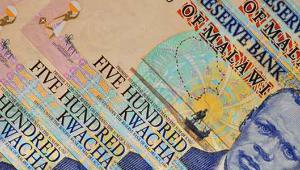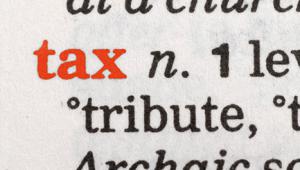Web_DroughtZambia_shutterstock_74778760.jpg

Drought in Africa
In a report published this week, the NGO described the African Risk Capacity (ARC) – an insurance scheme that allows governments to pool climate risk, and promises timely payouts when needed – as a failed experiment, that represented poor value for money and left the government to fend for almost 6.7 million Malawians in need of food by itself.
“Major defects” in the model, data and processes used by ARC, which is advocated by the G7, the World Bank and other influential organisations, meant the instrument refused to pay out for months amid a severe drought, ActionAid said.
When it eventually agreed to pay $8m – compared to a funding gap of over $300m – the NGO said this was “too little, too late”, and effectively represented an economic loss.
Malawi signed up to the ARC, which is backed by the African Union, the G7 and the World Bank among others, in 2015, at a cost of $4.7m. A year later, in April 2016, the country’s president, Peter Mutharika, declared a state of emergency as a severe drought led to failed crops and predictions that millions of people would soon be in need of food.
In May that year, the minister of agriculture said that 1.2 million tonnes of maize would be needed to avert growing hunger. ActionAid said that had a speedy insurance pay out to purchase maize internationally could have helped avert disaster.
However when the ARC assessed the situation, its calculations put the number of people affected by the drought at 20,594, none of whom were located in the most affected area of the country – the south.
The NGO also said the ARC’s method of assessing rainfall was inaccurate and failed to take into account key factors.
It was not until November that it agreed to pay $8.1m, after accepting that its model had been based on an incorrect assumption: it assumed one kind of maize, with a longer growing cycle less impacted by the rainfall pattern at the time, when in fact farmers had switched to another.
Lars Thunell, chair of the ARC board, said at the time this showed “heightened attention” is necessary in validating national input data provided for the model.
“Any models ability to represent reality depends on the accuracy of starting assumptions and data,” he continued, noting that a payout was triggered once a more accurate assumption was used.
But ActionAid noted this payment contributed little to the $395m the government, UN and NGOs had estimated was needed.
“Given that late response is much more costly than early response, the lateness and smallness of this eventual payout means that Malawi effectively made an economic loss,” its report said.
It continued to argue that the ARC represented poor value for money in this case because insurance is not an effective financial mechanism for events that occur that frequently and it puts the country at a high risk of losing money.
While the country chose not to renew its policy with the ARC, ActionAid pointed out that if it had, it would be unlikely to receive another payout.
Payouts are only triggered when an index of water availability falls below the median for the past five years, meaning a severe drought raises the benchmark for subsequent payouts. As a result, if Malawi had continued with the policy it would have paid premiums worth $24m, but potentially received no more than the $8.1m it had already secured in return.
“It represented poor value for money even if it worked as it should have, and was the wrong option in the first place,” the report said.













